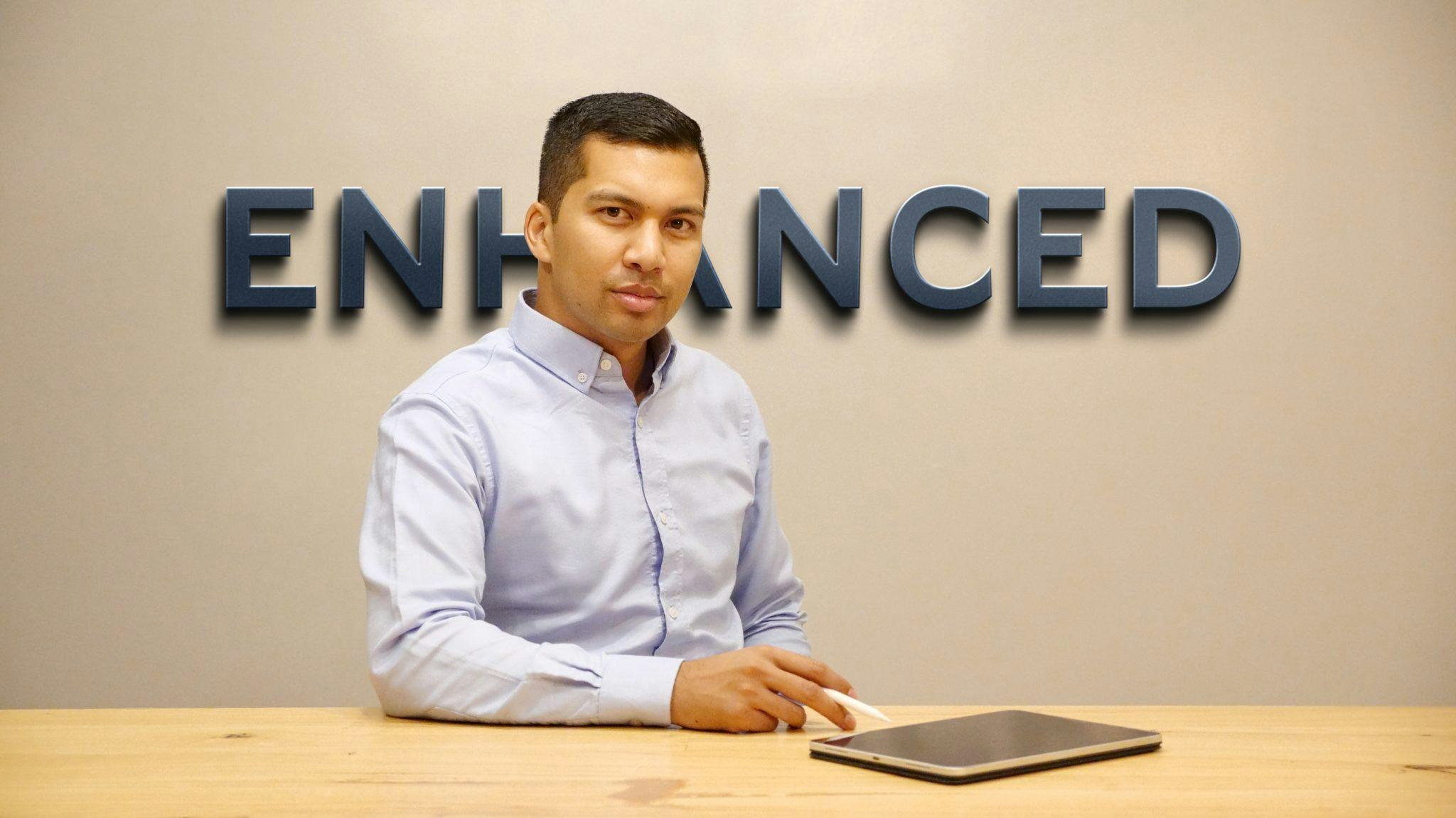This article is taken from the July 2025 issue of The Critic. To get the full magazine why not subscribe? Right now we’re offering five issues for just £25.
Several years ago, I was a great many pints deep in the pub, discussing the latest doping scandal to hit sport. I forget which sport, but I do remember musing that one option in the future could be to get rid of drug tests entirely. Just let athletes take whatever drugs they want, since in events like cycling, half of them seem to be trying to cheat anyway.
Great idea, my drinking companions fired back. Why stop there, they asked. Why not just award Olympic medals to the most ingenious cheaters, full stop? Brilliant, I replied, remembering the time I won a school cross-country race by hiding behind a bush and missing an entire lap before sprinting past the pack leaders near the finish line.
That particular conversation, needless to say, moved on. But delightfully, we have reached a point where reality is as stupid as my pub ideas around kicking out time. Enter Aron D’Souza, the latest venture capitalist/tech bro who seems to aspire to a vision for society that treats Brave New World as less of a cautionary tale than an aspirational charter, and his Enhanced Games, which are reportedly set to run next year at — where else? — the Las Vegas Strip.

Here we will see athletes compete unfettered by pesky anti-doping rules. Rather than hiding their performance-enhancing drugs, those taking part will instead collaborate with the medical teams to optimise them. In a sense, then, it’s not just the athletes competing but the chemists. And who amongst the scientific community could turn down the chance to be crowned the dopiest doper of all?
There is, of course, one fairly obvious stumbling block. This would be the fact that pumping yourself full of anabolic steroids might not be the safest activity on earth. “Define safe,” D’Souza has told The Times. “Space travel isn’t safe. Climbing Everest isn’t safe. Yet we call these pursuits noble. The Enhanced Games? Safer than both.”
Perhaps, although one fears the day may never come when — to take a possible worst case scenario — a male athlete dying of a heart attack and/or inadvertently developing a pair of lactating breasts is deemed to have undertaken a noble pursuit by the wider public, however fast a time he managed to set.
That’s not to say the event doesn’t have its supporters. The retired Australian swimmer James Magnussen certainly sounded very noble when describing his motivation to take part: “If they put up $1 million for the 50 [metre] freestyle world record, I will come on board as their first athlete,” he told the SEN radio network. “I’ll juice to the gills, and I’ll break it in six months,” he added, failing to clarify whether or not these gills might, given the right cocktail of drugs, be literal.

He’s not alone in his enthusiasm. No less a political figure than Donald Trump, Jr. has thrown his weight behind an event that will, he says, “represent the future — real competition, real freedom and real records being smashed”. The last of these claims appears to be a point of contention. The International Olympic Committee (IOC) and World Anti-Doping Agency (WADA) athletes’ commissions have called the Enhanced Games “a betrayal of everything that we stand for”, going on to add that “encouraging athletes to use [drugs] is utterly irresponsible and immoral. No level of sporting success is worth such a cost”.
But perhaps we’re missing something here. According to P.T. Barnum — sorry, D’Souza — we are. For his Enhanced Games are not merely here to save sport; they will save society. As he told The Times, “It’s to create a movement — one where people live longer, healthier, more productive lives. Because if we don’t, ageing and ill health will bankrupt us.”
In a somewhat unexpected pivot, he goes on to argue that in the UK, this public health emergency has needed to be dealt with by using immigrants, in turn creating housing pressure and social unrest. The solution, he says, is to increase healthy life expectancy and what better way than to embrace “medical tools … from testosterone therapy to advanced biotechnology”?
You may, at this point, question whether sport is the ideal medium with which to explore the solutions to such deep-rooted social ills. But then it all comes down to what you consider sport to be. Had he chanced upon me cowering behind that bush, I don’t believe my PE teacher would have accepted that I was in the process of a legitimate sporting endeavour.
And there’s the rub. If we’re going to allow cheating, maybe we should do it properly. It may reassure you at this stage to learn that the Enhanced Games do have limits. “You can’t chop off your legs and put springy carbon fibre legs on,” De Souza has stipulated: “Everything has to be legal where the athlete lives and competes.”
Quite apart from the vexed question of where and why this would be illegal, why can’t you chop your legs off and put carbon fibre legs on? It would make for great viewing figures. If we’re being honest, isn’t that the only thing that matters?












